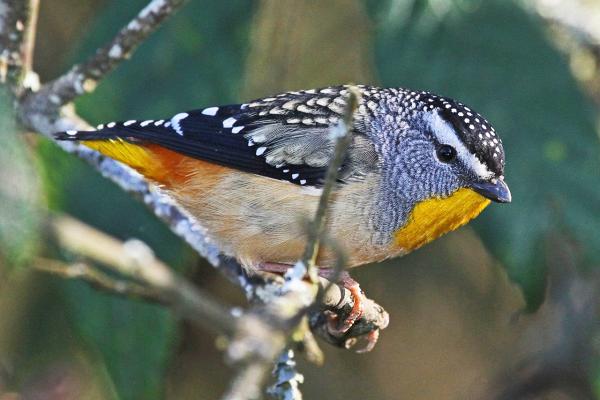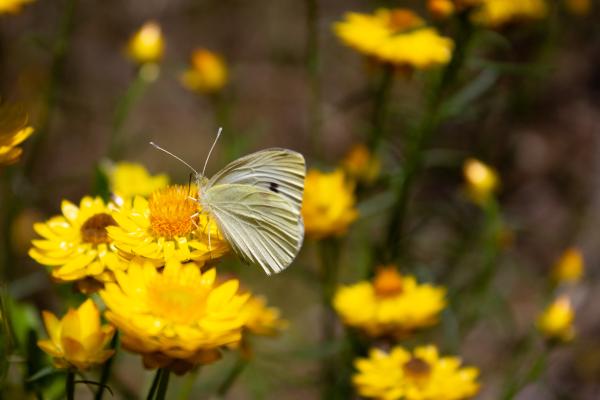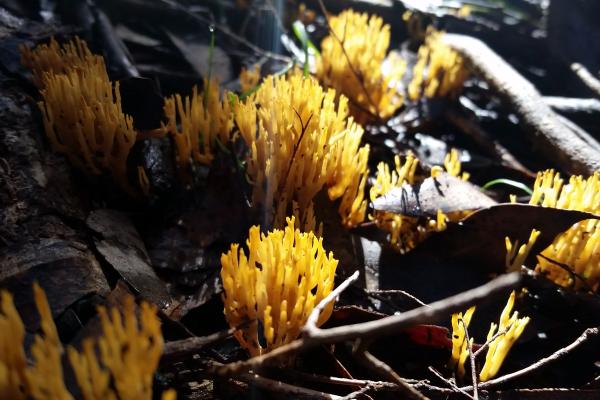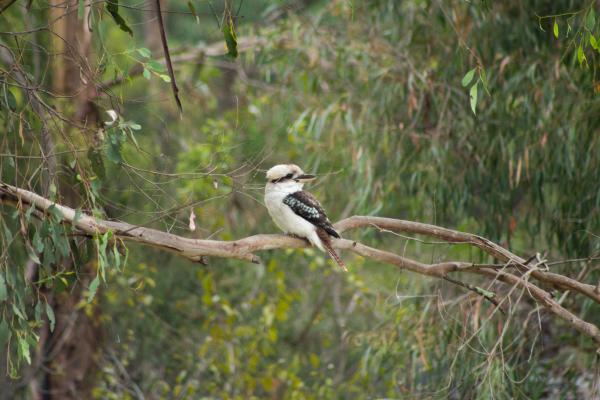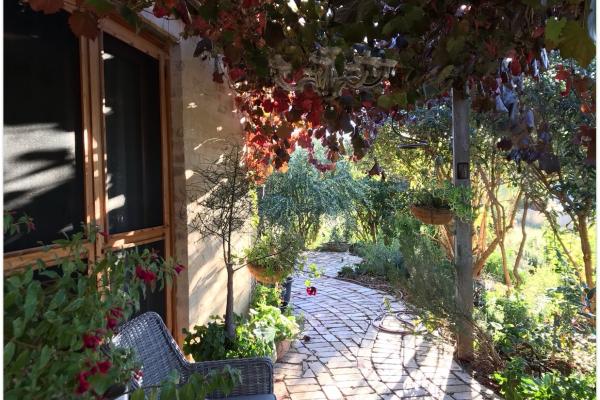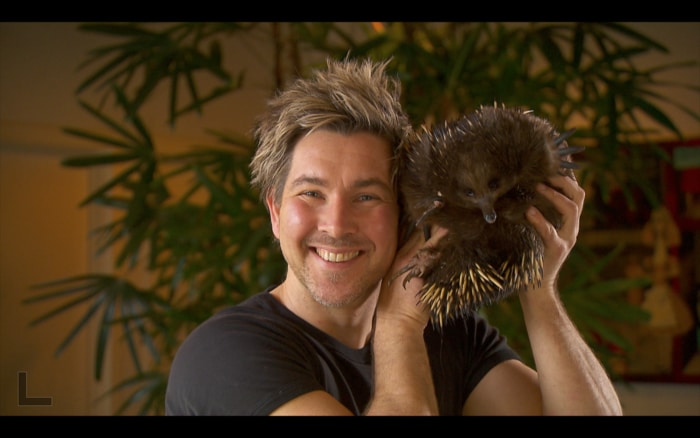Manningham Environment Seminar Series - Threatened Fauna Species of Manningham
Spend an evening with local ecologist John Harris and learn about threatened fauna species that are found locally in Manningham
Manningham is home to a significant number of threatened species, both animals and plants, facing threats like habitat loss, invasive species, and climate change. The municipality has identified 56 threatened animal species, including some of national and state significance like the Brush-tailed Phascogale, Grey-headed Flying-fox, Swift Parrot, and Barking Owl. Additionally, there are 466 threatened plant species, with a substantial portion (246) considered critically endangered. #Swifft State Wide Integrated Flora and Fauna Teams
A species is determined to be threatened when its population within a specific geographic area (like Manningham or Victoria) is at risk of extinction, even if it's not globally threatened. This can happen due to factors like habitat loss, invasive species, or pollution within that area, making the species susceptible to local extinction.
Presenter: John Harris (BASc, GDipEd) - Director and Principal Zoologist / Ecologist
John Harris (BASc, GDipEd) is the Director and Principal Zoologist / Ecologist at Wildlife Experiences.
John has worked in both the environmental and education sectors, often combining the two. As an ecological consultant, John has been involved in flora and fauna surveys, environmental audits, flora and fauna salvaging (spotter/catcher) and as sustainability adviser in Victoria and interstate. He has co-authored or contributed to a number of books on wildlife, authored many flora and fauna assessment reports and management plans.
He is also an environmental educator working with landcare groups, delivering seminars for local governments and also provides fauna presentation and walks for the Nature Stewards program. He was previously in the education sector for over 17 years as a secondary Biology/Science teacher as well as Environment and Sustainability Manager.
